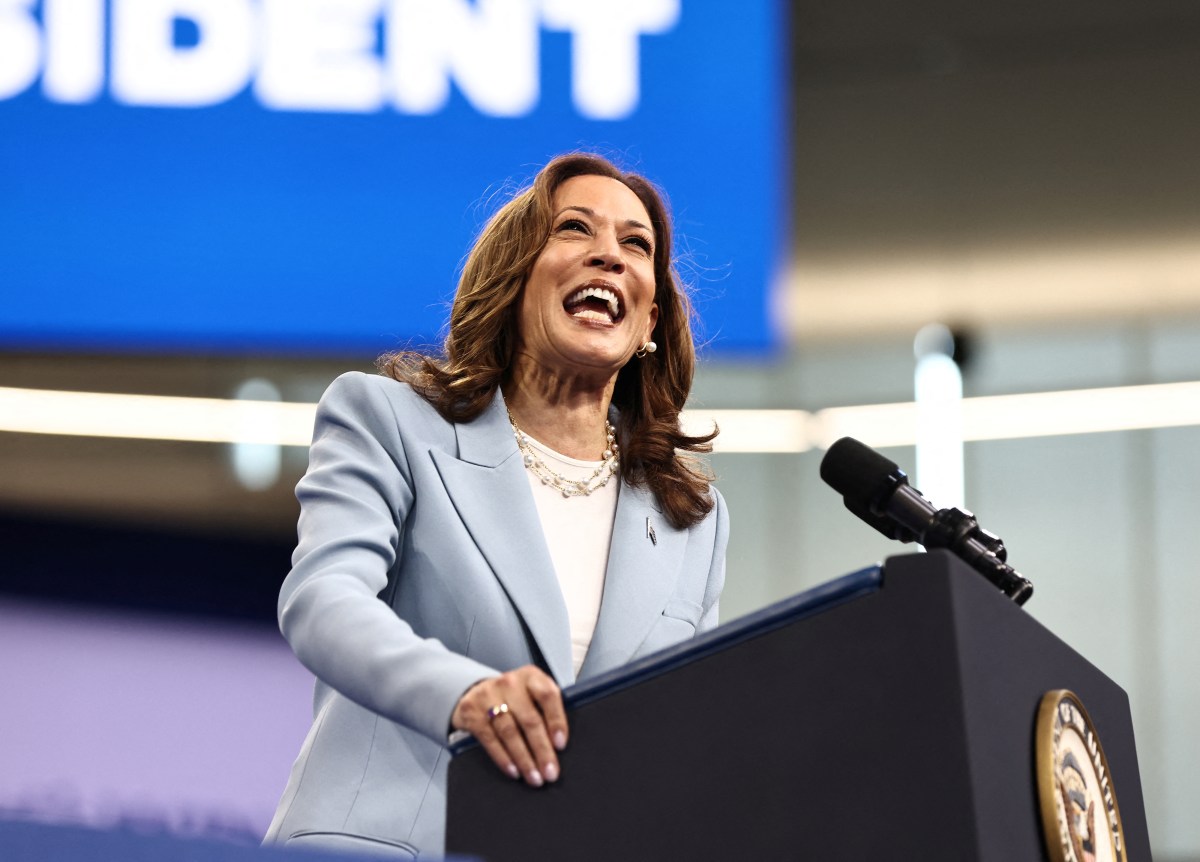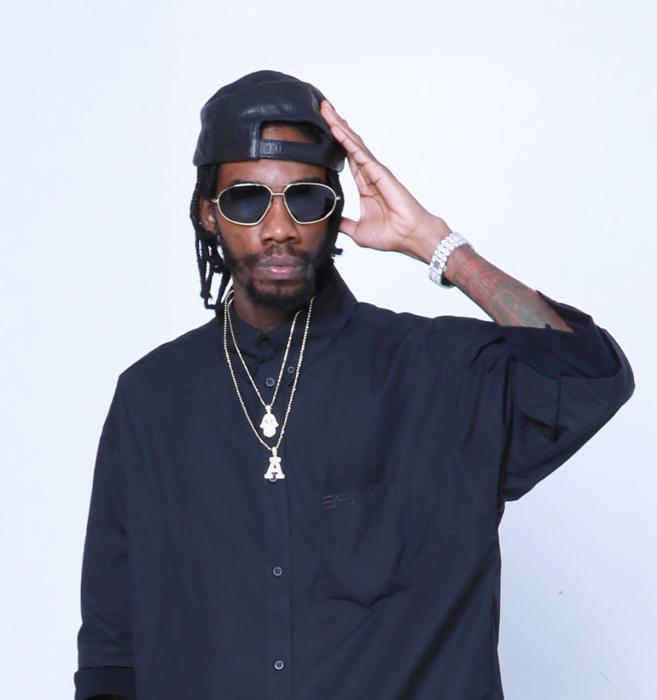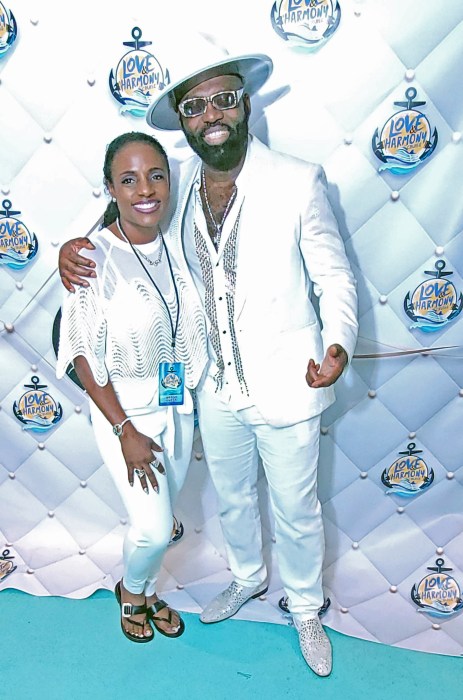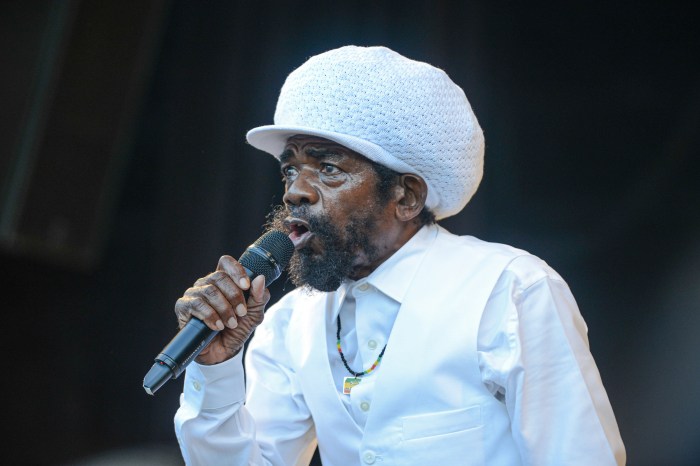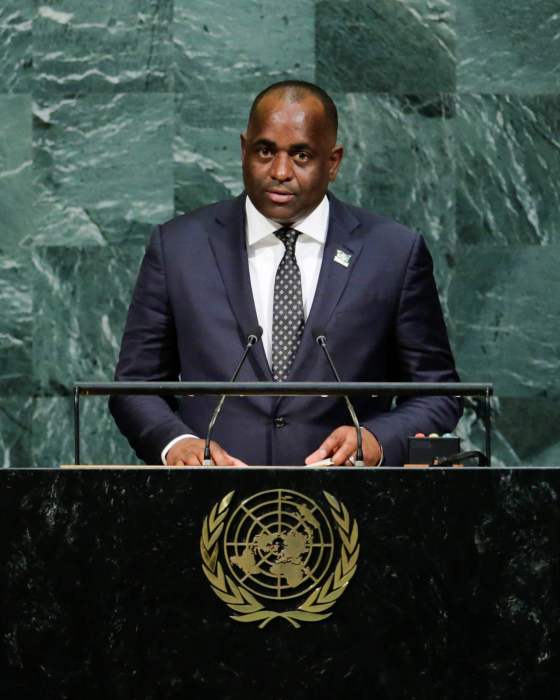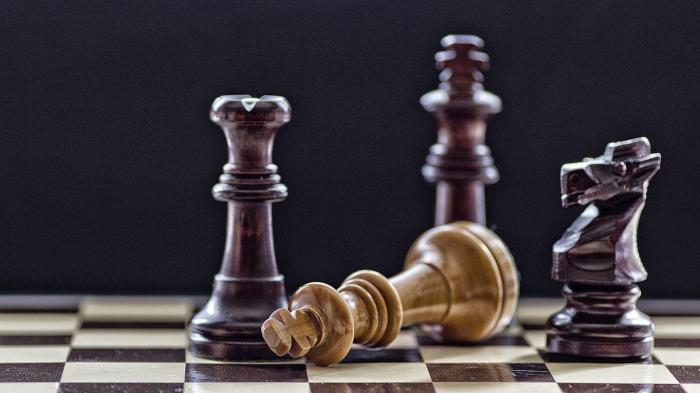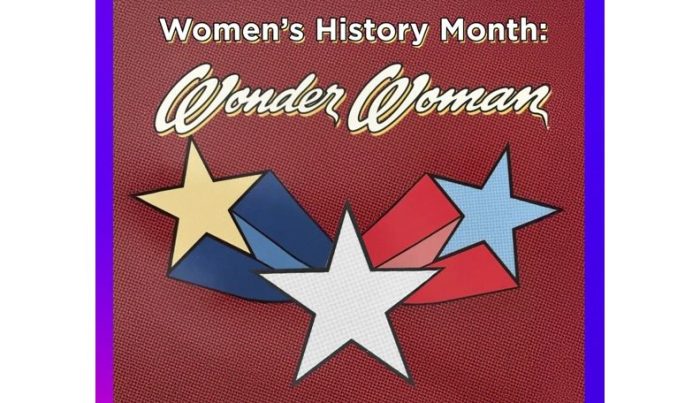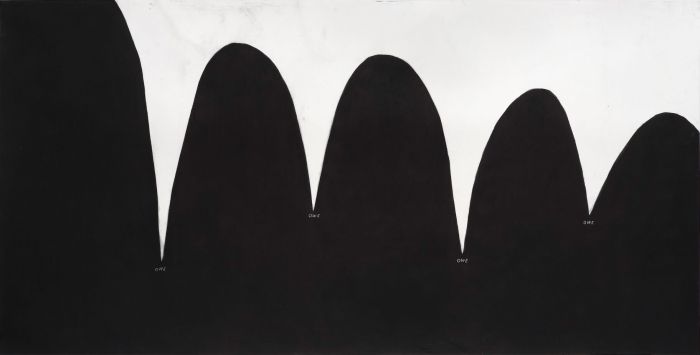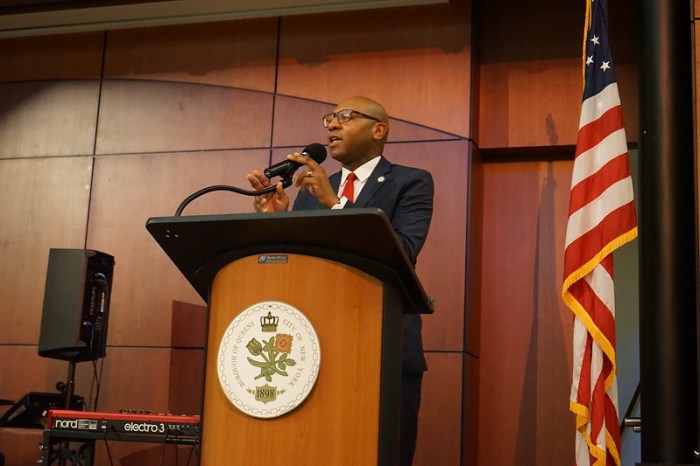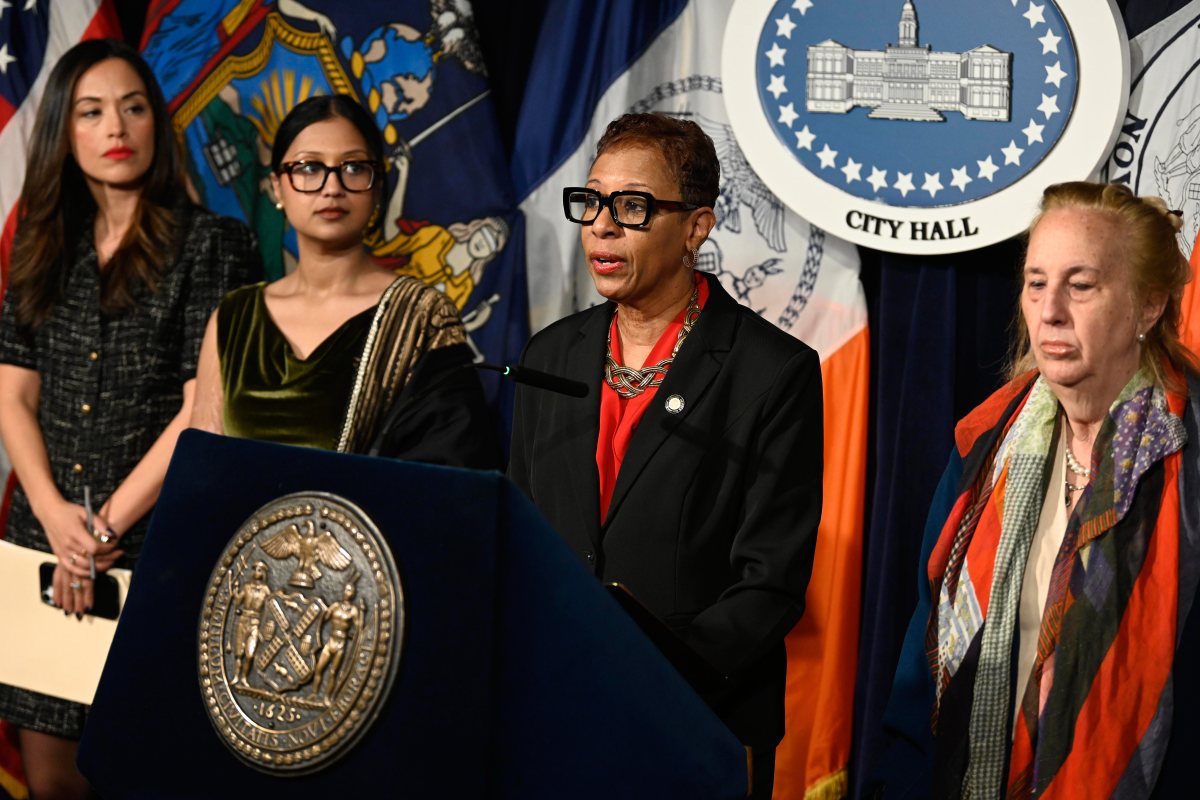Caribbean-American United States Vice President Kamala Harris Thursday night accepted the Democratic Party’s nomination for President of the United States, saying that she will be president for all Americans.
Before a highly-energetic, packed United Center in Chicago, Ill., Harris, 59, the daughter of an Indian mother and a Jamaican father, accepted the nomination on the final night of the four-day Democratic Convention.
In her roughly 35-minute, nation-wide, televised address, Harris thanked President Joe Biden for paving the way for her nomination, recalled her childhood growing up in the San Francisco, Ca., Bay Area, strongly denounced her Republican challenger, former US President Donald Trump; and, among other things, outlined her plans if elected President of the United States in the Nov. 5 US Presidential Elections.
“So, let me start by thanking my most incredible husband, Doug, for being an incredible partner to me, an incredible father to Cole and Ella, and happy anniversary, Dougie. I love you so very much,” she said. “To our president, Joe Biden, when I think about the path that we have traveled together, Joe, I am filled with gratitude. Your record is extraordinary, as history will show, and your character is inspiring.
“And to Coach Tim Walz, you are going to be an incredible vice president,” she added. “And to the delegates and everyone who has put your faith in our campaign, your support is humbling.”
Harris described as “unexpected” the path that led her to the top of the Democratic Party ticket, but stated that she is “no stranger to unlikely journeys.”
She said her late mother, Shyamala Harris, was 19 when she crossed the world alone, traveling from India to California with “an unshakable dream to be the scientist who would cure breast cancer.”
Harris said when her mother finished school, she was supposed to return home to a traditional arranged marriage.
“But as fate would have it, she met my father, Donald Harris, a student from Jamaica,” she said. “They fell in love and got married, and that act of self-determination made my sister, Maya, and me.”
Harris said her early memories of her parents together are “very joyful ones.
“A home filled with laughter and music: Aretha, Coltrane and Miles. At the park, my mother would say, ‘Stay close,’” she said. “But my father would say, as he smiled, ‘Run, Kamala, run. Don’t be afraid. Don’t let anything stop you.’”
Harris said from her earliest years, her father, Dr. Donald Harris, now a retired Jamaican-born economist at 85, taught her to be “fearless.”
But she said the harmony between her parents did not last, as they split up when she was in elementary school, stating that it was mostly her mother who raised she and her younger sibling.
Harris said she grew up immersed in the ideals of the civil rights movement, disclosing that her parents had met at a civil rights gathering.
“And they made sure that we learned about civil rights leaders, including the lawyers like Thurgood Marshall and Constance Baker Motley, those who battled in the courtroom to make real the promise of America,” she said. “So, at a young age, I decided I wanted to do that work. I wanted to be a lawyer. And when it came time to choose the type of law I would pursue, I reflected on a pivotal moment in my life.”
Harris said one of the reasons she became a prosecutor was to protect people like Wanda, her best friend in high school.
“She was sad at school, and there were times she didn’t want to go home. So, one day, I asked if everything was all right, and she confided in me that she was being sexually abused by her stepfather,” Harris said. “And I immediately told her she had to come stay with us, and she did.”
She said she believes that everyone has “a right to safety, to dignity and to justice.
“As a prosecutor, when I had a case, I charged it not in the name of the victim, but in the name of the people, for a simple reason,” she said. “In our system of justice, a harm against any one of us is a harm against all of us. And I would often explain this to console survivors of crime, to remind them: No one should be made to fight alone. We are all in this together.
“And every day, in the courtroom, I stood proudly before a judge and I said five words: Kamala Harris, for the people. And to be clear — and to be clear, my entire career, I’ve only had one client: the people,” she stressed.
“And, so, on behalf of the people, on behalf of every American, regardless of party, race, gender or the language your grandmother speaks. On behalf of my mother, and everyone who has ever set out on their own unlikely journey. On behalf of Americans like the people I grew up with — people who work hard, chase their dreams and look out for one another. On behalf of everyone whose story could only be written in the greatest nation on Earth, I accept your nomination to be president of the United States of America,” Harris declared.
“And with this election, and — and with this election, our nation — our nation, with this election, has a precious, fleeting opportunity to move past the bitterness, cynicism and divisive battles of the past, a chance to chart a new way forward. Not as members of any one party or faction, but as Americans,” she continued.
“And let me say, I know there are people of various political views watching tonight. And I want you to know, I promise to be a president for all Americans. You can always trust me to put country above party and self. To hold sacred America’s fundamental principles, from the rule of law, to free and fair elections, to the peaceful transfer of power,” said the US Vice President to loud applause.
She said she wants to be a president “who unites us around our highest aspirations; a president who leads and listens; who is realistic, practical and has common sense; and always fights for the American people. From the courthouse to the White House, that has been my life’s work,” she said.
As a young courtroom prosecutor in Oakland, California, Harris said she stood up for women and children against predators who abused them.
As attorney general of California, she said took on the big banks, delivered US$20 billion for middle-class families who faced foreclosure and helped pass a homeowner bill of rights, one of the first of its kind in the nation.


